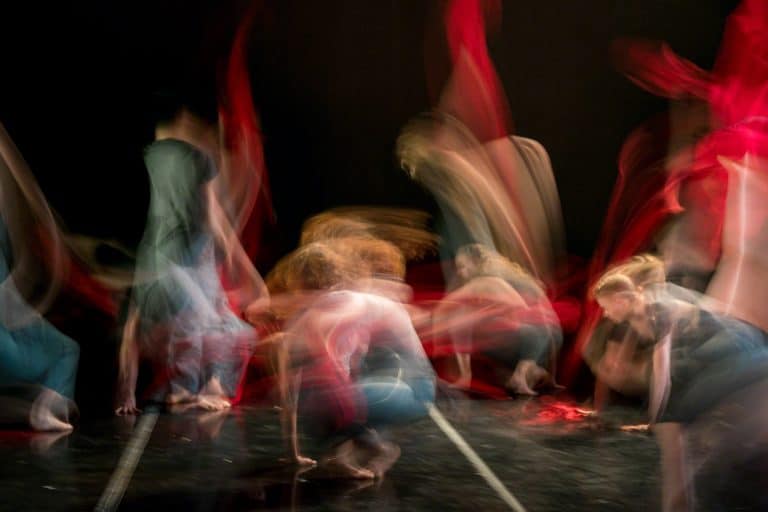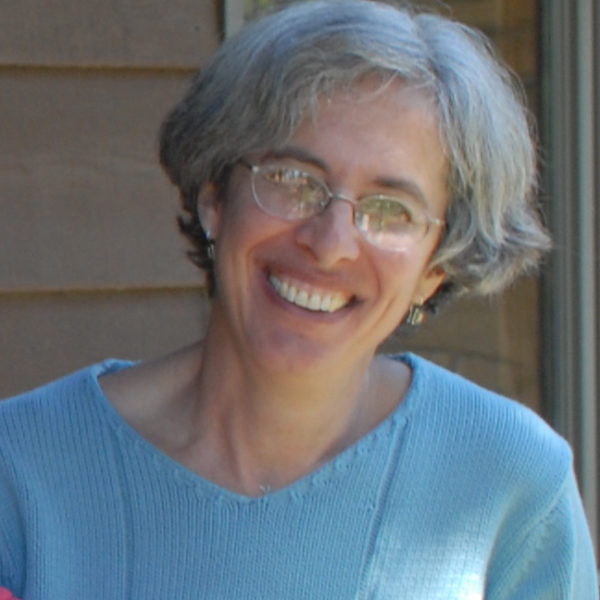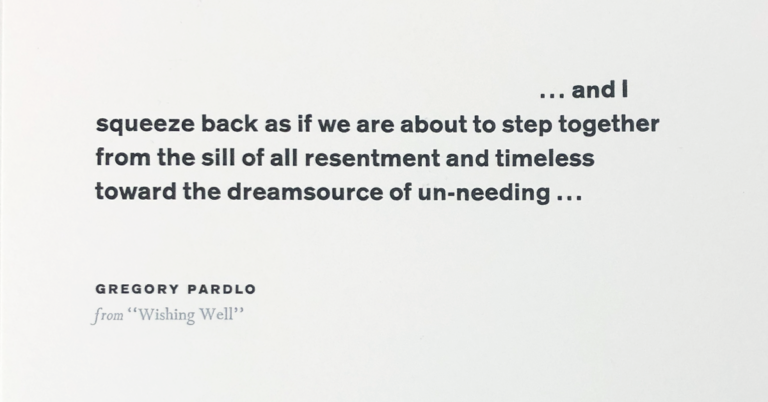
Lines-1638 (color) Image by Doug Kaye/Flickr, Attribution-NonCommercial-NoDerivs.
Lost on the Children’s Psychiatric Ward
On Monday afternoons you can find me on the twelfth floor of the Johns Hopkins Hospital, teaching creative writing to adolescents in the psychiatry ward. These are teens who are hospitalized because they are conflicted and in pain, who are in danger of harming themselves or others — but mostly themselves.
Who are lost.
I have been working on the floor since the winter. I admit I was nervous the first time I went there. Did I need to be worried about my safety? Would I be able to connect with the patients? Would they be able to connect with me?
“I’d like to start by reading you a poem,” I told them. The room, filled with eight or nine teenagers who only moments ago had been giggling, chatting, and flirting with one another — they may be hospitalized but they are still teens — instantly became still. “It’s by David Wagoner, and it’s called ‘Lost.’”
“Stand still. The trees ahead and bushes beside you
Are not lost. Wherever you are is called Here,
And you must treat it as a powerful stranger,
Must ask permission to know it and be known…”
Each week I read stories out loud to the group, the same stories I once read to my own children and now read to my grandchildren. Everyone, I have learned, loves to be read to, no matter their age. We engage our storytelling brains, harnessing the power of writing to create a world: Harold and the Purple Crayon, Alexander and the Terrible, Horrible, No Good, Very Bad Day.
If anyone knows what it is like to have a bad day, these kids do. As I turn the pages, the girl across from me who has been fidgeting in her chair, her body rigid and tight, relaxes just a bit. A boy who has been standing in the corner of the room, staring out the window, wanders over to the table and sits down.
One of my favorites is Where the Wild Things Are. When Max, who has been acting like a wild thing, gets sent to bed without his supper, one of the girls is incensed. “That’s cruel,” she says. They have a strong sense of justice, these teens.
“Wait until the end of the story,” I say with a smile. Max sails away from his room, in and out of weeks, to the land where the wild things are. But in the end he decides he wants to be in the place where someone loves him best of all and sails back home. As the book comes to a close, he is in his room where he finds his supper waiting for him — and it is still hot.
“Where is your wild place?” I ask the group. I pass out blank notebooks that are stitched — not glued — at the spine. Details matter. At the end of the hour these children will take their books with them, and I want the notebooks to last. “Write about that. When do you go there, and how do you come back?”
The children spend a week or so on the ward, rarely longer. The hospital is a safe place but not the best place for them to flourish. As much as possible, they need to be out and about in the world. The psychiatric team assesses and stabilizes them and refers them to the day hospital or other community clinics for further treatment.
It wasn’t always so. Once my cousin Sinead spent years on a ward like this. Sinead is in her mid-sixties now, a few years older than me. When we were young, she was my idol. Old family photograph albums show me, a determined eight-year-old, tagging along at Sinead’s 13-year-old heels, imitating everything she did. Then she turned 17 and had her first psychotic break.
For years we held out hope that Sinead would change, and then we didn’t any more. She would never be different; she would just be herself. Now she lives on a farm that has been converted to a home for adults with disabilities. It’s a beautiful place, and I love to visit her there. She takes enough medicine to make the voices in her head tolerable, but not so much that she can’t hear them entirely. Without them, she wouldn’t know who she was. She would be lost.
Outside the twelfth floor, the hospital buzzes with activity. Doctors rush from room to room; nurses bustle past. But here, in the children’s psychiatric ward, the world is still. Sunlight pours through the windows. Pens scratch on paper. I should be writing, too, but instead I am thinking of Sinead. Did anyone come to her when she was in the hospital and sit beside her, asking her to tell her story? I don’t know, but I hope so. When I visit Sinead the years fall away, and we are children again. Together we find ourselves.
“Would anyone like to read what they have written?” I ask the group. Shyly a girl drops her eyes and shakes her head, but another opens her book and begins to read.
One of the boys has yet to open his book. Another is drawing a picture inside. This is their time; it’s up to them to decide how to spend it. The rest have finished writing and are looking at me. I open my book and pick up my pen. “Have you ever been lost?” I say to them. “Let’s write about that.”


Share your reflection